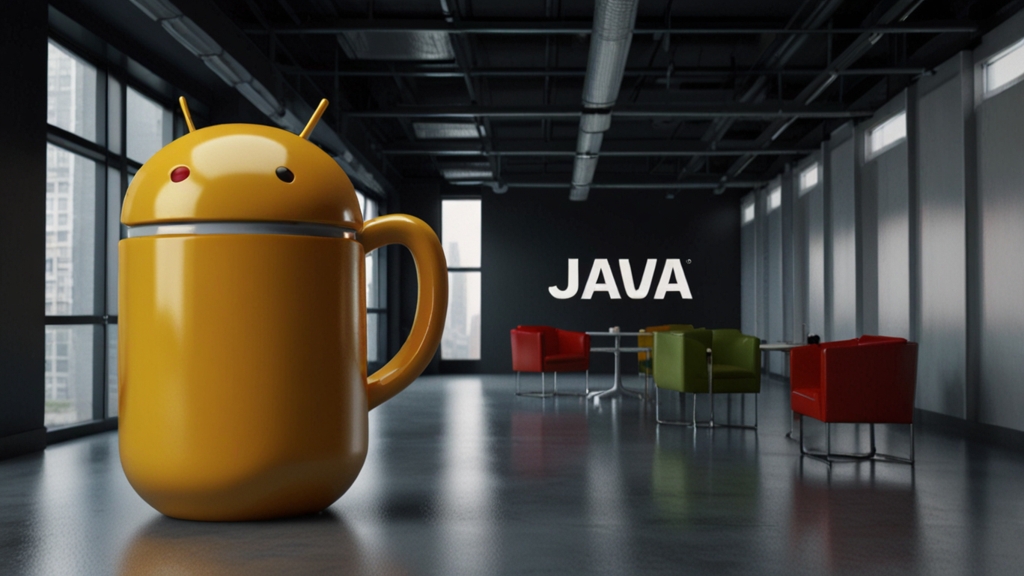Java vs C: Which Language Should You Choose?
Choosing the right programming language for your projects can be a challenging task, especially when it comes to two of the most popular and powerful languages: Java and C. Both languages have their own strengths and weaknesses, and the choice between them depends on various factors including the type of application, performance requirements, and developer preference. In this article, we'll compare Java and C to help you make an informed decision.
Performance and Speed
One of the key differences between Java and C is in terms of performance and speed. C is known for its high performance and the ability to directly interact with hardware. This makes it an ideal choice for system programming, development of operating systems, and applications that require real-time processing.
"C programming allows direct manipulation of hardware and memory, resulting in faster and more efficient code execution." - TechExpert
Java, on the other hand, runs on the Java Virtual Machine (JVM), which adds a layer of abstraction. While this provides advantages in terms of portability and ease of use, it can introduce some overhead, making Java slightly slower than C in certain computations. However, advances in Just-In-Time (JIT) compilation and other optimization techniques have significantly narrowed this performance gap.
Portability and Platform Independence
Java was designed with portability in mind. A significant feature of Java is its ability to run on any platform that supports the JVM. This “write once, run anywhere” philosophy makes Java a go-to choice for cross-platform applications, from web apps to enterprise-level distributed systems.
C, while extremely powerful, is platform-dependent. Code written in C needs to be recompiled for each target platform, which can be both a strength and a limitation depending on your specific needs. This platform dependency can be useful for developing system-level applications where you need fine control over hardware resources.
Simplicity and Ease of Use
Java is often praised for its simplicity and ease of use. The language syntax is clear and readable, and it includes built-in garbage collection, which helps manage memory automatically. This reduces the likelihood of memory leaks and other related bugs, making Java an excellent choice for developers who prioritize ease of development and maintainability.
C, while more complex, offers unmatched control over system resources and memory management. This can lead to more efficient programs, but the trade-off is that the developer needs to manage memory manually, which can introduce potential for errors such as memory leaks and buffer overflows.
"Java's automatic memory management is a double-edged sword. It makes life easier for developers but can lead to performance overheads." - CodeMaster Journal
Use Cases and Industry Applications
Java is widely used in enterprise environments, mobile app development (especially Android), web applications, and large-scale distributed systems. Its robust set of libraries and frameworks, such as Spring and Hibernate, offer powerful tools for developing complex software solutions.
C is more commonly used in system-level programming, developing operating systems, embedded systems, and performance-critical applications. Its low-level access to memory and hardware components makes it indispensable in contexts where optimization and efficiency are paramount.
Community and Ecosystem
Both languages enjoy strong community support and extensive ecosystems. Java has a wealth of libraries, frameworks, and development tools, along with active community forums and regular updates, keeping it relevant in the fast-evolving tech landscape.
C boasts a rich history and a vast repository of codebases and libraries that have accumulated over the decades. Its importance in the development of foundational software such as operating systems and compilers ensures that it remains a crucial language for many developers.
Conclusion
Ultimately, the choice between Java and C depends on your specific needs and goals. If you require high performance, fine control over hardware, and are dealing with system-level programming, C is likely the better choice. However, if portability, ease of use, and the need for robust libraries and frameworks are more important for your application, Java stands out as an excellent choice.
"The best language to learn and use is the one that best aligns with your project requirements and personal or team expertise." - Developer Insights
Both Java and C have their own unique advantages and can shine in different contexts. Understanding these differences will help you make an informed decision and set you on the path to successful software development.





